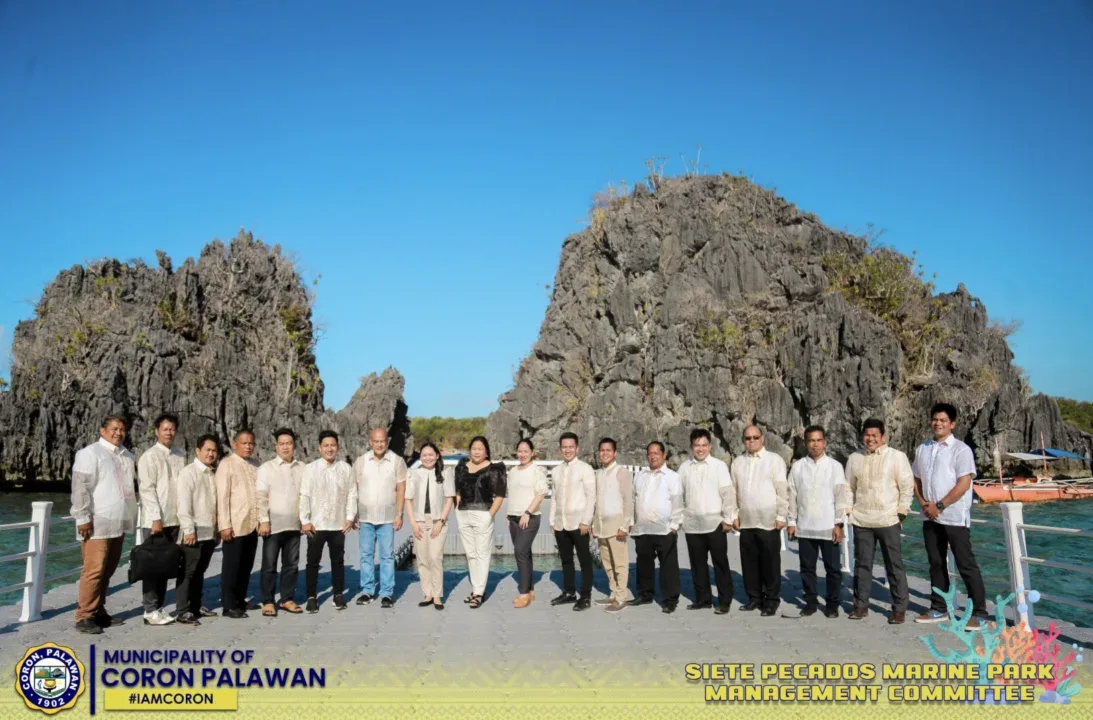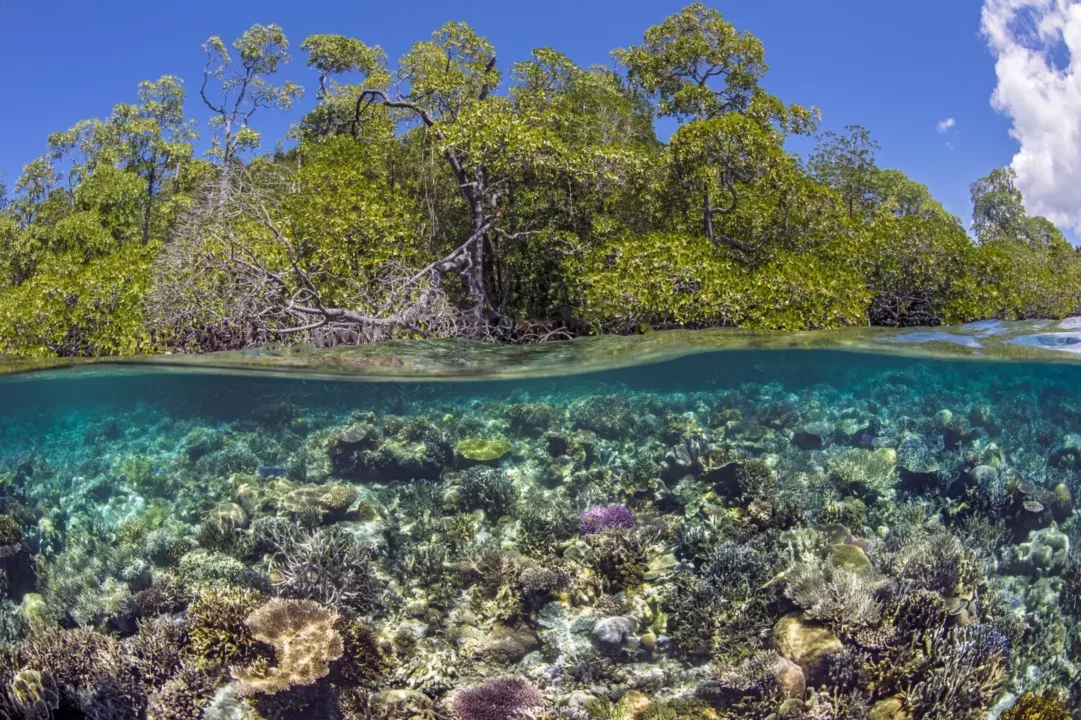Blue Parks have met stringent science-based standards for conservation effectiveness. The prestigious Blue Park Awards encourage governments and communities to effectively safeguard marine biodiversity. The Blue Parks initiative of Marine Conservation Institute aims to assemble a global network that effectively protects at least 30% of the ocean in ecologically representative and connected places. This year Marine Conservation Institute honours Siete Pecados for their exception achievements in ocean stewardship.
Within the Coral Triangle, Siete Pecados Marine Park is part of the Calamianes Island Marine Protected Area (MPA) Network in the Philippines, a founding ICRI member. Covering 1.8 km2 of coastal ocean, Siete Pecados protects coral reefs, mangrove forests, and seagrass meadows. These ecosystems are representative of the region and are home to several threatened and endangered species including hawksbill sea turtles, dugongs, humphead wrasse, and an endangered endemic coral species, Pectinia maxima. Siete Pecados has high live coral cover and the highest fish species richness and biomass within the Calamianes Island MPA Network.

Siete Pecados was established to conserve and protect the coastal ecosystems of Coron, particularly from the impacts of overfishing. Prior to the establishment of the MPA, rampant illegal fishing resulted in declines in fish populations and the overall health of the ecosystem. The MPA was established in 2005 based on recommendations from community members of the Barangay Tagumpay village in the hopes of protecting the health of this important ecosystem while also enhancing the livelihood of the villagers. Since the formation of the MPA, community members have played a large role in the monitoring, management, and conservation of this ecosystem. Recent studies have found that coral cover in the MPA is higher than outside of the MPA and has increased since the MPA’s establishment, particularly within the MPA’s no-take zone.
If you know an outstanding marine protected area that deserves recognition, please nominate it for a Blue Park Award.
Sources – Marine Conservation Institute and MPAtlas

